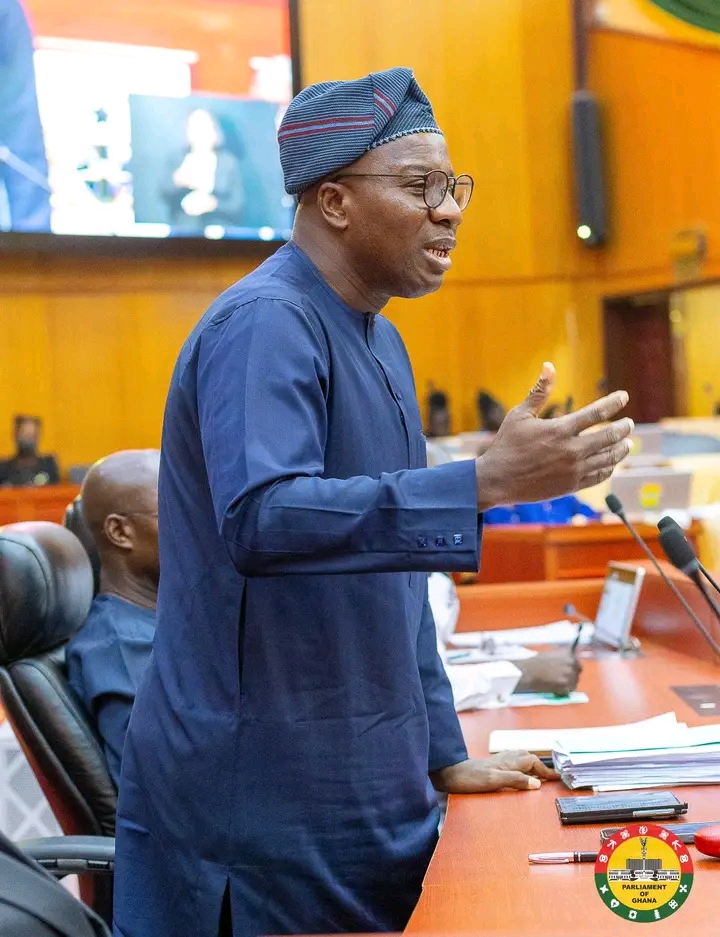Mr. Peter Harold, out-going Country Director, World Bank (WB), on Sunday said the Highly Indebted Poor Countries (HIPC) initiative is not a sign of African failure but the inappropriate response of donors to the continent’s economic problems.
“Terms of lending and interest rates of loans were inappropriate. They were founded on false assumptions,” Mr. Harold told 50 MPs at a parliamentary retreat aimed at upgrading the knowledge of members on national economic and financial policies and programmes.
“We did not pause to count how much was flowing out as repayments. We were just concerned with what was coming into the poor nations. Infact, the net inflow was very low.” He said the HIPC initiative had suffered a lot of attacks in Ghana, while other Africa States scrambled for it. “It is the pride that Ghanaians have. Supposing we called it Debt Reduction Programme for Africa, would it be okay?”
According to him,” if HIPC would not do much at all, it would at least give governments much control on the use of resources, which could have gone into repayments. Mr. Harold said Ghana’s choice for the initiative stem from the fact that it was regular at repaying loans, adding, “the G8 sees it as a reward for countries who have performed better economically.”
On the question of total debt cancellation, he said indebted countries have not convinced the rich nations and other donors enough on the need for cancellation of debts.” “May be we could use the difficult access to European markets or the American Farm subsidy programme and other policies to make a good case.”
He condemned the idea of donors using clauses of “marching funds or counterpart funding” to site projects in poor nations. Mr Harold said such a clause demands that donor projects are more important than government projects.
He confirmed Mr. Moses Asaga’s (NDC-Nabdam), assertion that donor’s no longer insist on privatisation of utilities as a conditionality of HIPC. The Sri-Lanka bound WB official asked that Parliament should be involved in initial stages of planning of economic programmes. “Parliament is seriously under-consulted. We need to build into our rules of engagement the element of constant consultation on issues,” he said.
Source: GhanaWeb










